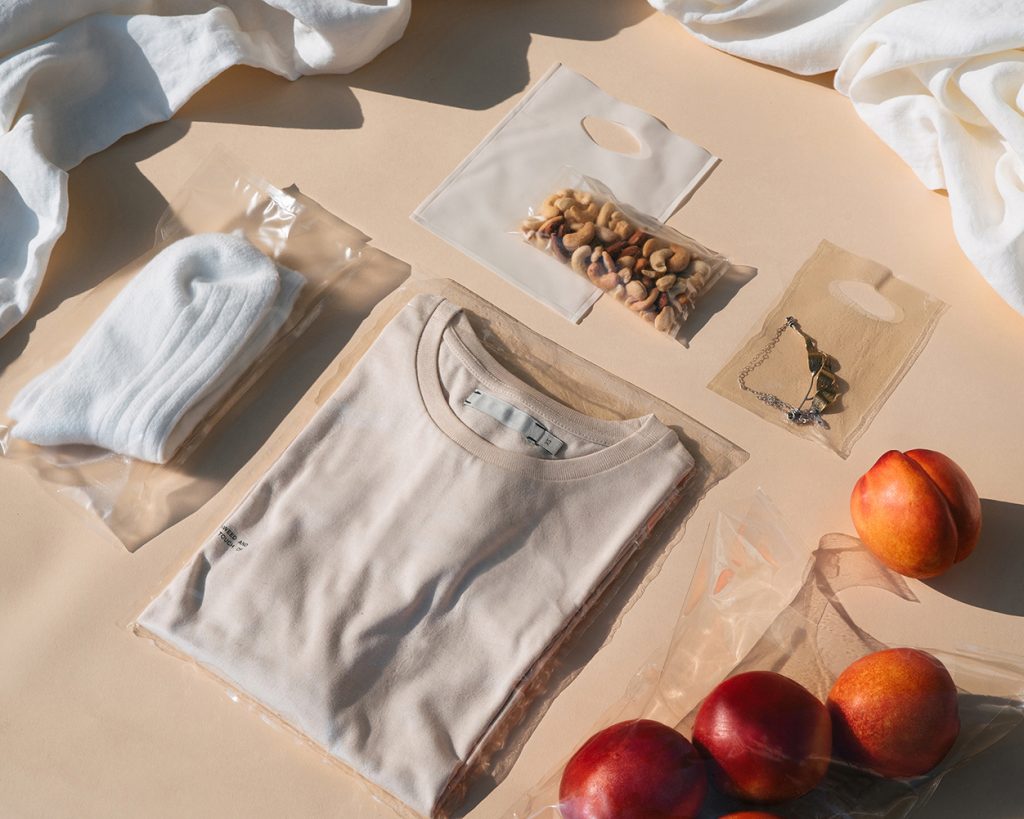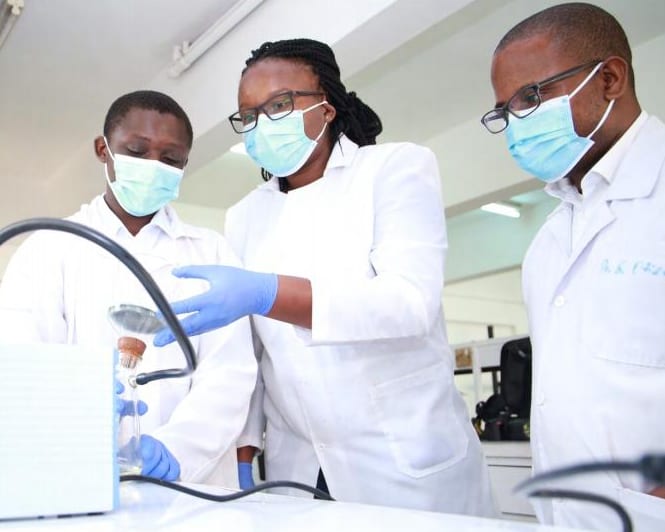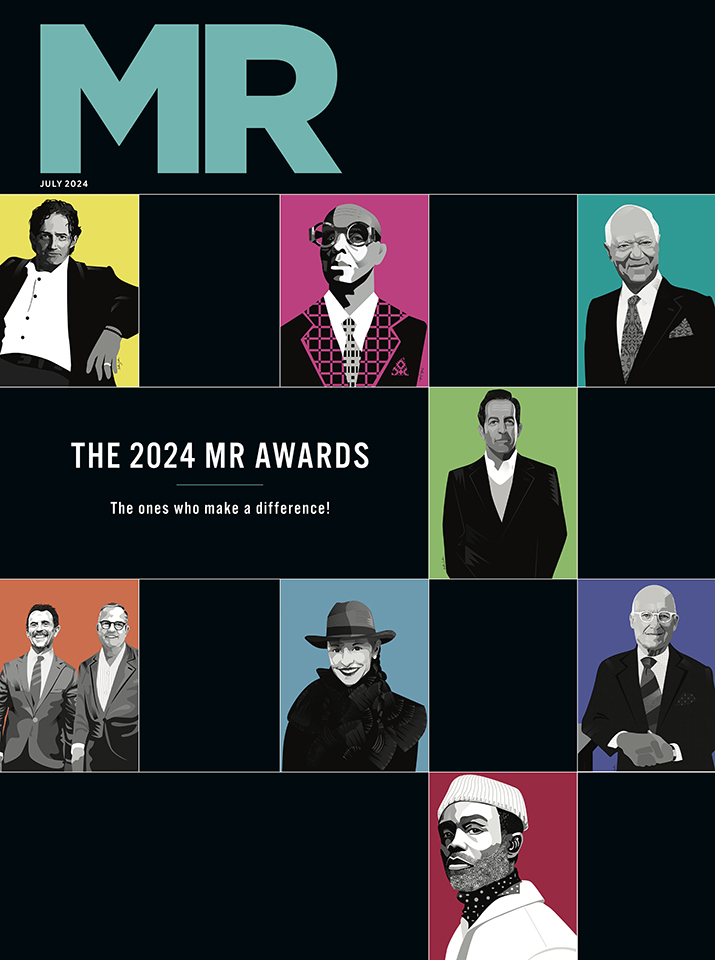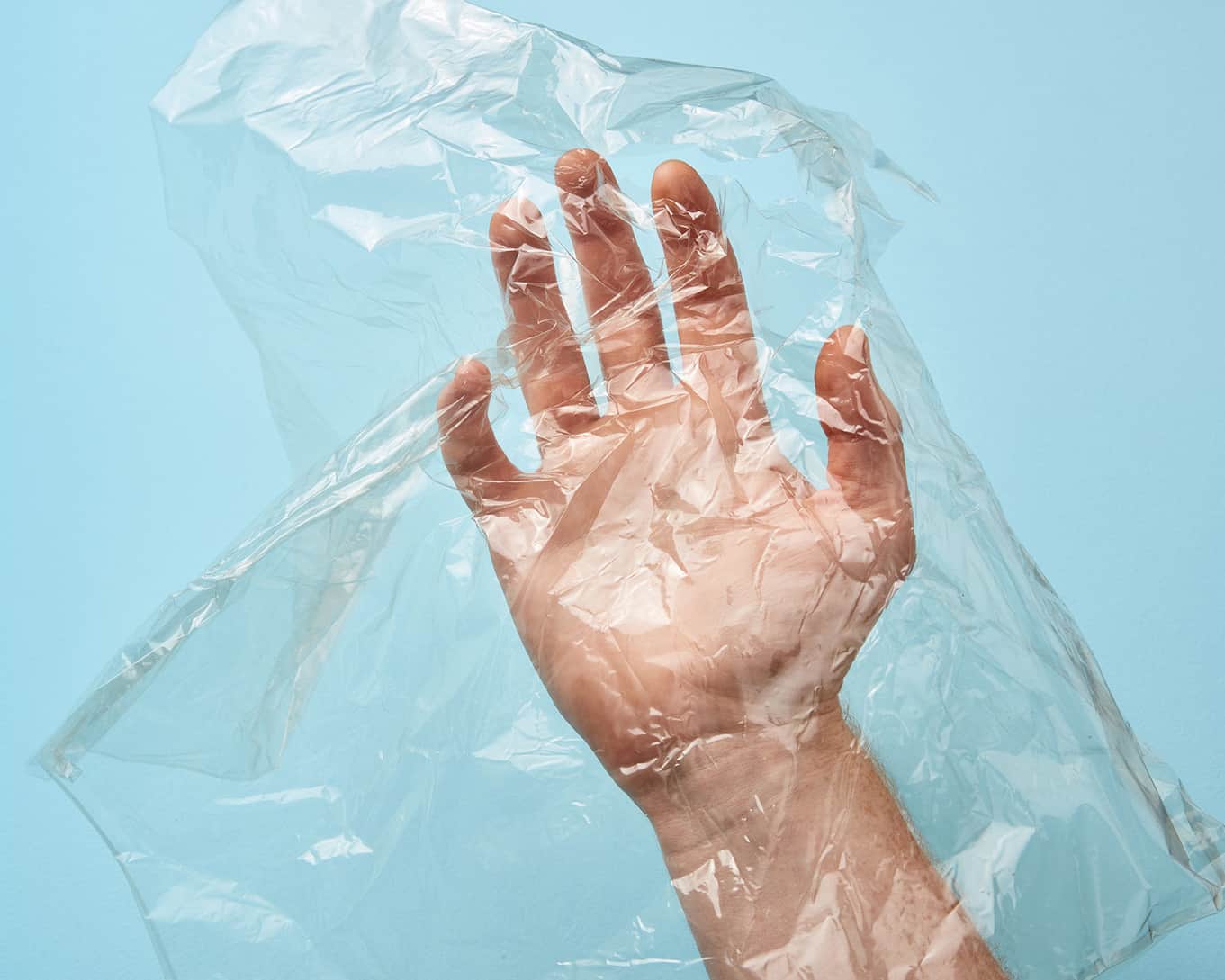TOM FORD PLASTIC INNOVATION PRIZE ANNOUNCES FINALISTS

The fashion industry may take a lot of heat for destroying our environment, but it has also been one of the most proactive sectors trying to change its bad behavior. One high priority change is our dependence on plastic bags. Globally, humans are estimated to use more than 300 billion polybags every year: An estimated 180 billion of them are used by the fashion industry alone. They are basically impossible to recycle, ending up in landfills, as litter in our neighborhoods, or, ultimately, as pollution in our oceans. To help combat the problem, designer Tom Ford started the Tom Ford Plastic Innovation Prize in 2020 in partnership with ecological not-for-profit Lonely Whale. It is the only global competition focused exclusively on creating scalable and biologically degradable alternatives to thin-film plastic polybags. Today Ford and Dr. Dune Ives, CEO of Lonely Whale, revealed the eight finalists for the competition.
“What we accomplish together through this competition will catalyze global change across continents, countries and industries, which is urgently needed to address plastic pollution,” said Ford. “If the ocean is polluted and in danger, then so is the planet and so are we. The impact these brilliant minds and their creations will have on our planet is monumental, bringing us their innovative solutions to making the environment a safer place for generations to come. I am pleased to announce the following finalists, whom we celebrate today for their exceptional alternatives to thin-film plastic polybags.”

The eight finalists include:
- Genecis, a Canadian biotechnology company that reprograms bacteria to make premium materials from low-value organic waste
- Kelpi, a sustainable biotech company from the United Kingdom, harnessing the properties of seaweed to create compostable, marine-safe, low-carbon bioplastic packaging
- Lwanda Biotech, a Kenyan-based social enterprise addressing both community-level plastic pollution and agricultural waste through development of alternatives to thin-film plastic packaging
- Marea, an Icelandic start-up leveraging sustainable local algae streams to create a replicable model for thin-film alternatives that fully biodegrade
- Notpla, a London-based start-up inspired by the way nature encapsulates liquids and is on a mission to make plastic waste disappear by pioneering natural-membrane packaging that uses seaweed as an alternative to single-use plastic
- Sway, an American company offering seaweed-based, home-compostable replacements for thin-film plastic packaging, aiming to offer a carbon-negative material at scale
- Xampla, a University of Cambridge spinout inspired by the strength of spider silk, turning proteins, from common plant sources like peas, into high-performance plastic-alternative materials
- Zerocircle, an India-based company making wildlife and ocean-safe packaging materials from locally cultivated seaweed that will dissolve harmlessly in the ocean after use.
The finalists’ submissions underwent rigorous review by the Scientific & Technical Advisory Board and Prize Judging Panel, and were selected from 64 applications from 26 countries and 6 continents. The eight finalists now enter a year-long material testing phase, sponsored by Nike, to ensure their materials are biologically degradable, minimize negative social and environmental impacts, meet industry performance standards, and are also cost-competitive, scalable, and market-ready by 2025.
The testing program includes both field testing in Caribbean and Pacific Northwest waters and in-lab at the University of Georgia. The Seattle Aquarium will also lead bespoke, first-of-its-kind, laboratory-based tests designed to model what would happen in a marine mammal gut if the materials were eaten.

Finalists’ materials will also be tested by major brands, including J. Crew, Nike, Florence Marine X, Vuori, Rhone, and Noah New York, who have committed to testing the materials from prize finalists and/or prize winners in their packaging solutions and supply chains to ensure immediate replacement of existing non-recyclable polybags.
The Tom Ford Plastic Innovation Prize offers a purse totaling more than $1.2 million. Winners will be announced in Spring 2023, and prize winners will receive significant support from Lonely Whale and other partners in the following years to achieve market adoption.


